Key Considerations and Practices for Successful Kuroiler Chicken Farming
Breeding and Selection: When starting a Kuroiler chicken farm, it is crucial to acquire healthy and genetically superior birds. Choose reputable suppliers who have a proven track record of supplying quality Kuroiler chicks. Selecting healthy parent stock is essential for breeding high-quality and disease-resistant chickens. Regular monitoring and culling of underperforming birds will help maintain a productive flock.
Housing and Space Requirements: Proper housing is essential for the health and well-being of Kuroiler chickens. Provide adequate space to allow free movement and minimize stress. A well-ventilated coop with proper lighting, temperature control, and cleanliness is crucial. Adequate space allocation per bird is around 3-4 square feet in the coop and 8-10 square feet in the outdoor run area.
Nutrition and Feeding: A well-balanced diet is vital for the growth and productivity of Kuroiler chickens. Feed them a combination of grains, proteins, vitamins, and minerals. A commercially prepared feed is recommended for optimal nutrition. However, supplementing their diet with fresh greens, kitchen scraps, and insects can enhance their overall health. Ensure a constant supply of clean water, as chickens require regular hydration.
-
Product on sale
 3 days old chicks kuroiler and improved kienyejiOriginal price was: KSh130.00.KSh100.00Current price is: KSh100.00.
3 days old chicks kuroiler and improved kienyejiOriginal price was: KSh130.00.KSh100.00Current price is: KSh100.00. -
Product on sale
 1 month old chicks kuroiler and improved kienyejiOriginal price was: KSh370.00.KSh350.00Current price is: KSh350.00.
1 month old chicks kuroiler and improved kienyejiOriginal price was: KSh370.00.KSh350.00Current price is: KSh350.00. -
Product on sale
 2 weeks old chicks kuroiler and improved kienyejiOriginal price was: KSh250.00.KSh230.00Current price is: KSh230.00.
2 weeks old chicks kuroiler and improved kienyejiOriginal price was: KSh250.00.KSh230.00Current price is: KSh230.00. -
Product on sale
 1 week old chicks kuroiler and improved kienyejiOriginal price was: KSh200.00.KSh170.00Current price is: KSh170.00.
1 week old chicks kuroiler and improved kienyejiOriginal price was: KSh200.00.KSh170.00Current price is: KSh170.00. -
Product on sale
 3 day old chicks kuroiler and improved kienyejiOriginal price was: KSh130.00.KSh100.00Current price is: KSh100.00.
3 day old chicks kuroiler and improved kienyejiOriginal price was: KSh130.00.KSh100.00Current price is: KSh100.00. -
Product on sale
 1 month old chicks healthy and vaccinated kuroiler and improved kienyejiOriginal price was: KSh370.00.KSh350.00Current price is: KSh350.00.
1 month old chicks healthy and vaccinated kuroiler and improved kienyejiOriginal price was: KSh370.00.KSh350.00Current price is: KSh350.00. -
Product on sale
 2 weeks old chicks Genuine kuroiler chicksOriginal price was: KSh200.00.KSh170.00Current price is: KSh170.00.
2 weeks old chicks Genuine kuroiler chicksOriginal price was: KSh200.00.KSh170.00Current price is: KSh170.00. -
Product on sale
 1 day chicks Amazing Eco kuroiler and improved kienyejiOriginal price was: KSh100.00.KSh80.00Current price is: KSh80.00.
1 day chicks Amazing Eco kuroiler and improved kienyejiOriginal price was: KSh100.00.KSh80.00Current price is: KSh80.00. -
Product on sale
 3 day old chicks kuroiler and improved kienyejiOriginal price was: KSh130.00.KSh100.00Current price is: KSh100.00.
3 day old chicks kuroiler and improved kienyejiOriginal price was: KSh130.00.KSh100.00Current price is: KSh100.00.

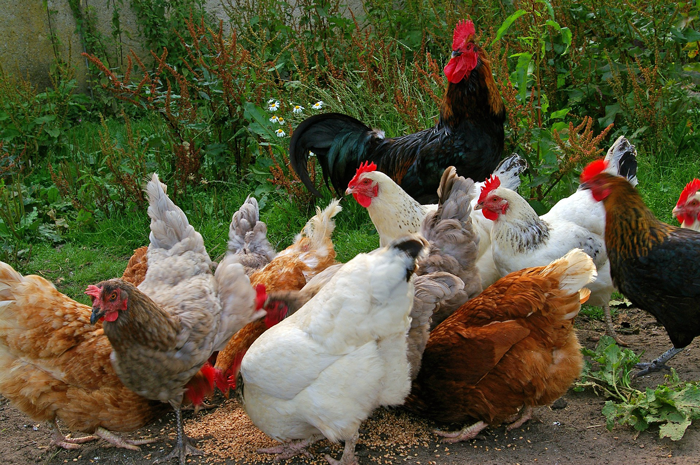
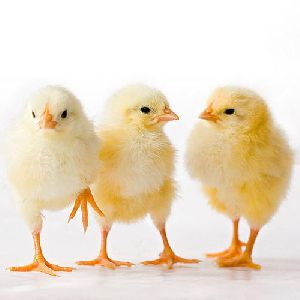
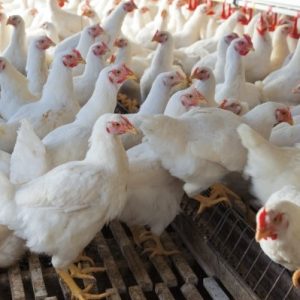
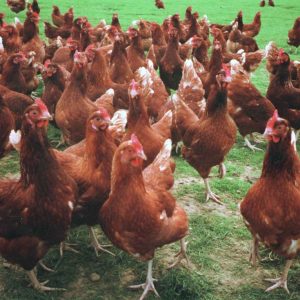
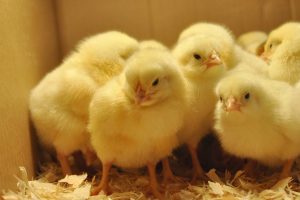
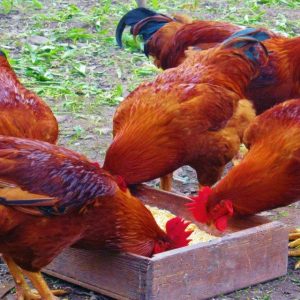
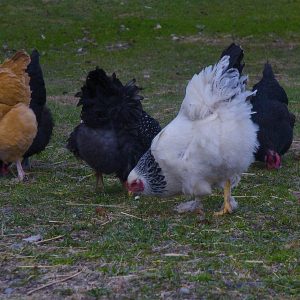
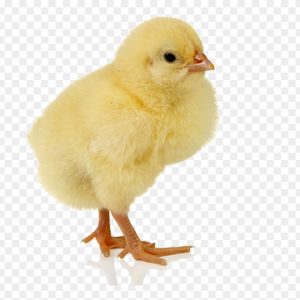
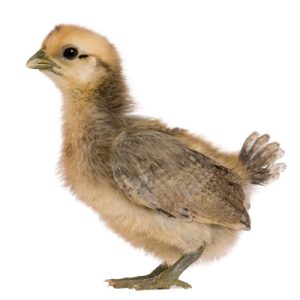
Hi.
Would be interested in this venture .Kindly furnish me with preferable designs of kuroiler chicken coops and measurements to farm about 200 chicks for a start. Please address the following;
1.Do you give sight training for a prospective farm manager. if yes ,what’s the fee?
2.Do you make follow ups after training?
3.Do you supply/sell the chicken feeds?
I am located in Busia county, Port Victoria.
KINDLY GIVE AS MUCH INFORMATION WITH PRICING OF THE BIRDS